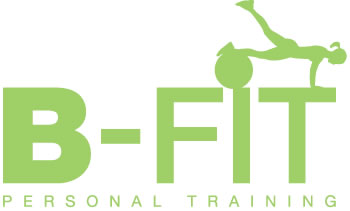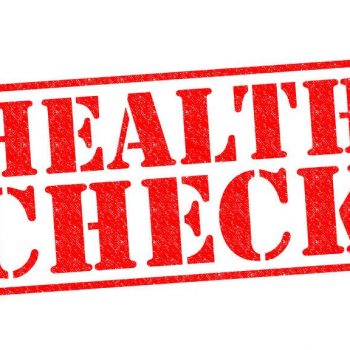It’s quite likely that you’ve indulged in a chocolate Easter egg (or two) at the weekend, but that’s not the kind of egg that is actually good for your health. If you’ve read the news or been told by your doctor that you have high cholesterol, then it wouldn’t be surprising that you avoid eating eggs, because of the big misconception that they raise the risk of you having a stroke. However, in my experience, if you eat organic free range eggs, or other healthy eggs, on a regular basis, then you’re actually going a long way to protect your cardiovascular health, because these little oval delights can work to prevent you from getting heart disease in future.
In fact, eggs are actually really beneficial to your health, due to their nutritional richness that give your body various benefits. For instance, eggs are highly nutritious, because they provide almost every nutrient that’s needed by the body in one small serving, making them a valuable addition to most healthy diets. They’re also a complete source of protein, because they contain all of the nine essential amino acids necessary for growth, development and repair in the body, in addition to the fact that they can protect against muscle loss and contribute to your overall physical function and balance. Eggs are one of the best dietary sources of choline, which is a nutrient that’s important for brain function, memory and cell membrane formation, as well as carotenoids, which are crucial for eye health and may help lower the risk of age-related eye diseases. In addition, eggs contain essential nutrients and bioactive compounds that may modulate the immune system and have anti-inflammatory properties when combined with dairy products like organic grass-fed raw milk, kefir and yogurt.
This means that the addition of eggs into your meal planning will provide you with a multitude of health benefits, such as supporting your heart, eye health, muscle density, brain function and immune system strength because of their nutritional density and unique composition.
The Nutritional Benefits
For the average healthy person, recommended egg consumption is up to seven eggs per week, although if you are worried about your saturated fat intake, you can opt for using only the egg whites if eating them daily. Eggs deliver a wide range of nutritional benefits to anyone that eats them due to their rich composition. For example, eggs are a complete protein source, because they contain all nine essential amino acids that are needed for growth and maintenance of a healthy body. They are also packed with essential nutrients, such as vitamins A, D, E and B12, as well as folate, phosphorus, selenium, calcium and zinc, making them one of the most nutrient-dense food choices you can make. Eggs are also enriched with omega-3 fatty acids, so they provide a good source of these essential fats, which are beneficial for both your heart and brain health.
In addition, eggs are one of the best dietary sources of choline, which is a nutrient that’s crucial for your brain function, memory and cell membrane formation. The antioxidants lutein and zeaxanthin play a vital role in protecting your eyes and reducing the risk of macular degeneration and cataracts, the most common causes of vision impairment in middle aged and older adults. Eggs are also highly satiating due to their protein content, which can help reduce feelings of hunger later in the day and thus promote weight loss. And finally, despite past concerns about high levels of cholesterol, more recent studies have shown that eggs can improve your cholesterol profiles by raising HDL (good) cholesterol levels and increasing the size of LDL particles, which is beneficial for heart health. What this all means is that eggs are a powerhouse of nutrients that offer a complete protein, essential vitamins and minerals, omega-3 fatty acids, choline for brain health, antioxidants for eye health, satiety for weight management and potential benefits for heart health.
More Than Chickens
And it’s not just chicken eggs that I’m talking about, because there are different kinds of edible eggs that offer varying flavours, sizes and nutritional profiles, including quail, duck and goose eggs, which you can also sometimes find in supermarkets like Waitrose or at farmers markets. Other edible eggs include caviar, which are fish eggs rich in antioxidants and sea minerals that are considered a delicacy in many countries, ostrich eggs, which are the largest bird eggs on the planet, and bantam eggs that are smaller than chicken eggs, are known for being richer in iron and are laid by Bantam hens, giving you a diverse range of options for consumption, based on your individual preferences and dietary needs.
How eggsiting!!! (Sorry, I couldn’t help myself, LOL)
Love, Gaynor x



